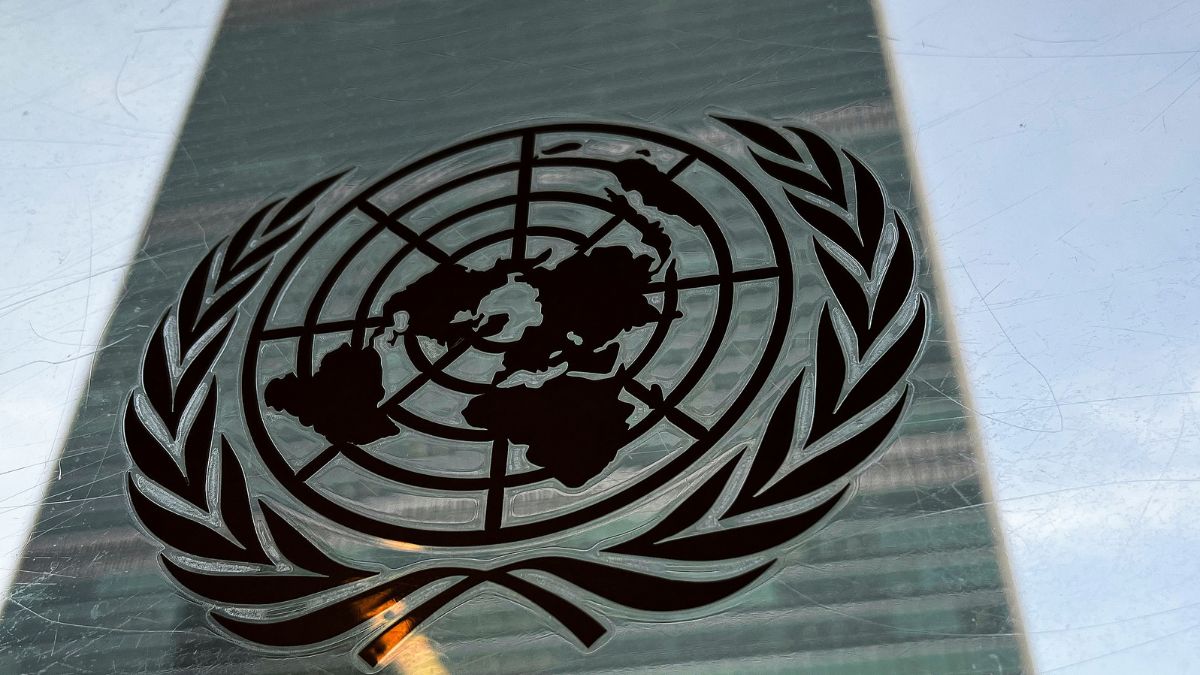As the United States scales back its role within the United Nations, a power vacuum is emerging that other states are eager to exploit. For decades, Washington was the organisation’s primary funder and a decisive voice in its governance.
Now, reduced contributions, withdrawals from key agencies and combative rhetoric have given other actors the opportunity to reshape the system in ways that serve their interests.
China, Qatar, Rwanda and Russia are among the countries positioning themselves to fill the space left behind, each advancing distinct agendas that reveal much about the contested future of multilateralism.
China’s bid for influence
Beijing has grown increasingly ambitious in shaping the global order through the United Nations and other international bodies. According to The Diplomat, in a 2023 speech, European Commission President Ursula von der Leyen warned that the Chinese Communist Party sought “a systemic change of the international order with China at its centre,” emphasising security and economic priorities over political freedoms.
Similarly, German Chancellor Friedrich Merz suggested earlier this year that China, alongside Russia, was leading a systemic confrontation against liberal democracies.
Yet closer analysis suggests China’s intentions are more complex. Research indicates that Beijing does not aim to dismantle the international system but rather to reorder it so that its interests carry greater weight.
President Xi Jinping has repeatedly framed China’s global initiatives—such as the Belt and Road Initiative, the Global Development Initiative and the Global Security Initiative—as “public goods” for the world.
At a Shanghai Cooperation Organisation summit, he spoke of launching a “more just and equitable global governance system” and positioned China as a responsible leader of multilateralism, even while challenging US hegemony.
China’s strategy has been described as seeking “discourse power,” the ability to set global narratives.
Through slogans like the “Community with a shared future for mankind,” Beijing portrays itself as the defender of cooperation and inclusivity, contrasting its rhetoric with what it calls Western double standards.
However, behind the language lies an effort to subordinate human rights norms to state sovereignty, as seen in China’s attempt to replace universal human rights with a focus on “the right to development”.
At the UN Security Council, China has taken a more active role, often voting with Russia while promoting its “Global Security Initiative.” Yet its involvement in peacekeeping and avoidance of leadership roles in UN security bodies suggest Beijing’s focus is as much on projecting a benign global image as it is on exercising hard power.
Analysts conclude that China’s ambitions represent limited revisionism rather than wholesale disruption. But with the US stepping back, the space is wide open for China to gain status, especially among countries of the Global South.
Europe’s push for multilateralism
If China’s engagement reflects an effort to tilt the order toward its own values, Europe’s actions reflect an effort to shore up multilateralism itself. The European Union has framed its mission as defending the rules-based order at a time of global fragmentation.
Through initiatives like the Pact for the Future, adopted in 2024, and the UN80 reform process, Brussels is seeking to make the UN more effective, accountable, and representative.
European leaders have stressed that only collective solutions can address today’s crises—from climate change to armed conflicts—and that the United Nations remains the indispensable forum for such cooperation. By positioning itself as a custodian of multilateralism, Europe is also consolidating its identity as a global actor independent of the United States.
This approach emphasises not just diplomacy but also practical commitments: financial contributions, institutional reforms and efforts to link peace, security, and sustainable development.
In the wake of Washington’s retreat, Europe is attempting to demonstrate that the liberal international order still has defenders. However, its ability to shape the UN is constrained by internal divisions and limited military leverage compared to great powers like China or Russia. Nonetheless, Europe’s voice is critical in ensuring that the UN’s future is not defined solely by authoritarian influence.
Qatar’s calculated offer
For Qatar, the UN’s financial crisis presents a more pragmatic opportunity. The Gulf state has reportedly offered to host some of the offices of the UN’s workers’ rights agency, presenting itself as a helpful partner at a time when relocating jobs to cheaper cities has become an attractive cost-saving measure.
Yet this offer comes with heavy baggage. Qatar has long faced criticism over its treatment of migrant workers, particularly during preparations for the 2022 FIFA World Cup.
Amnesty International’s 2024 report noted that hundreds of thousands of migrant workers in Qatar paid illegal recruitment fees or had wages withheld without redress. Workers who protested poor treatment were punished, while foreign workers remained barred from forming unions.
Despite reforms, abusive elements of the kafala sponsorship system remain intact, leaving workers dependent on employer approval to change jobs.
International observers have warned that allowing Qatar to host UN labour rights offices could undermine the credibility of the very institution tasked with protecting workers.
Michael Page of Human Rights Watch criticised recent Qatari proposals to reinstate exit permits for domestic workers calling it a step backward that would heighten risks of abuse. By leveraging the UN’s financial troubles, Qatar may gain international legitimacy without fully addressing its labour abuses.
Rwanda’s ambitions in multilateralism
Rwanda has similarly seized on the moment to put itself forward as a hub for UN activity. In May 2025, the Rwandan government formally offered to host a long-term UN campus in Kigali, positioning the city as a cost-effective and secure alternative to Nairobi, which currently serves as the UN’s African headquarters.
Kigali’s bid highlights Rwanda’s political stability, efficient institutions and connectivity with global hubs. The government has offered office space, essential services and tax exemptions, while inviting a UN technical mission to assess its infrastructure.
President Paul Kagame’s administration portrays this as part of Rwanda’s aspiration to contribute actively to multilateral governance.
The proposal has drawn attention not only because of its boldness but also because of its geopolitical implications. By competing directly with Nairobi, Rwanda signals its ambition to rival Kenya as East Africa’s diplomatic capital.
Critics, however, point to Rwanda’s own human rights record, including restrictions on dissent and press freedom, questioning whether hosting UN agencies would align with the values the organisation seeks to uphold. Still, in an era of shrinking UN resources, cost-effectiveness may carry more weight than normative concerns.
Russia’s attempts at curtailment
While some states are offering to shoulder more UN responsibilities, Russia has suggested trimming the organisation’s scope. In recent budget discussions, Moscow proposed cutting speaking time for advocacy groups at hearings, framing the move as a cost-saving measure, The New York Times reported.
This suggestion fits within a broader pattern of authoritarian states using the UN’s financial troubles to curtail civil society’s role. China, Cuba and others have similarly argued that human rights investigations should be scaled back in light of US funding cuts. These proposals serve the political interests of governments that prefer less scrutiny of their domestic conduct.
By reducing the space for advocacy groups, Russia and its allies would limit the UN’s ability to amplify independent voices further shifting the balance toward state control.
A fragmented future
Taken together, these manoeuvres illustrate the contested nature of the UN’s future. With the United States retreating, China is positioning itself as an alternative leader of global governance, Europe is working to preserve multilateralism, Qatar and Rwanda are vying for roles as hosts of UN institutions and Russia is attempting to shrink civil society’s influence within the system.
Each of these efforts reflects the broader question of what multilateralism will look like without strong US stewardship. Some see the emergence of a multipolar UN, where competing powers and interests check each other. Others fear the body could drift toward authoritarian dominance, as states hostile to human rights norms gain more leverage.
Ultimately, the UN’s trajectory will depend on whether member states can reconcile cost-efficiency with principles and whether the Global South will accept China’s model of sovereignty-centred multilateralism or Europe’s defence of liberal rules. What is clear is that the vacuum left by Washington is not going unfilled. Instead, it is reshaping the very foundations of global governance.
End of Article

)

